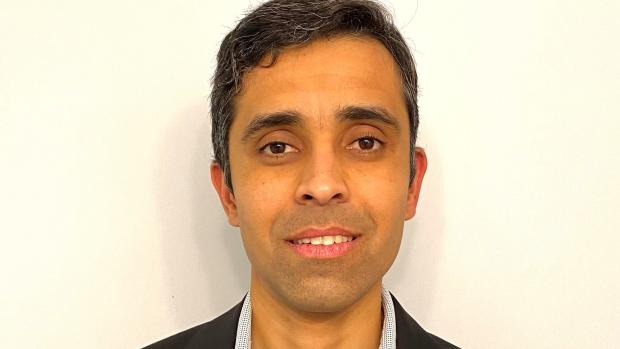New Faculty: Dharik Mallapragada
Assistant Professor, Chemical and Biomolecular Engineering

Assistant Professor of Chemical and Biomolecular Engineering Dharik Mallapragada had a somewhat peripatetic youth growing up in India, thanks to his parents’ military careers, which had necessitated multiple moves. By the time he embarked on his undergraduate studies at the Indian Institute of Technology, in Madras, Mallapragada — an astute observer of the human condition and social landscape — had become interested in energy and its role in climate change and the role for public policy and technology in addressing this grand challenge of our times. He took courses in economics and ethics in addition to the traditional chemical engineering curriculum, as a way to broaden his perspectives and was motivated enough to study the topic further to apply for graduate school.
Mallapragada’s doctoral research at Purdue University focused on identifying and evaluating novel technology concepts to enable the use of solar energy for applications in different sectors, but, in particular, for the transportation and power sectors — two major emitting sectors with unique challenges. For example, the need for high-energy-density fuels for transportation, particularly heavy-duty applications, remains a key barrier for decarbonization and utilization of renewable electricity via direct electrification.
“I would describe myself as a systems engineer focused on enabling a cost-effective, equitable and resilient transition to a low-carbon economy,” he says. “In this context, multidisciplinary research is far from just a buzzword for me, rather it accurately describes what I do. My work, which involves developing mathematical models to design and evaluate emerging technologies and policies, can readily touch upon and learn from other fields ranging from traditional science and engineering to economics and social sciences.” Mallapragada’s passion for this field was honed during a 2012 stint as a Science & Technology Policy Fellow at the National Academies, where he worked with the Board on Energy & Environmental Systems, assisting in studies regarding the barriers to electric vehicle deployment and vehicle fuel economy standards.
After earning his Ph.D. in 2013, Mallapragada, seeking real-world experience, began working as a researcher in the energy industry, where he investigated the possibilities for sustainable production of fuels and chemicals, deep decarbonization of electric grids and other pressing questions. He returned to academia in 2018, however, to conduct research at the MIT Energy Initiative and established the Sustainable Energy Transitions Research group, which aims to create the knowledge and analytical tools necessary to support accelerated energy transitions in developed economies like the U.S., as well as emerging market and developing economy countries in the global south, which are central to global climate mitigation efforts. His recent papers have included “Producing hydrogen from electricity: How modeling additionality drives the emissions impact of time-matching requirements,” “Decarbonization of the chemical industry through electrification: Barriers and opportunities,” “Cost and performance targets for fully electrochemical ammonia production under flexible operation,” and “Electric-Gas Infrastructure Planning for Deep Decarbonization of Energy Systems,” among others.
“Traditionally, chemical engineers didn’t concern themselves much with the grid,” he says, “but it is becoming clear that the electric grid will play a central role in a future low-carbon economy through expanded use of electricity in many applications where electricity use has not traditionally been relevant, like industry and transport. This makes it necessary to study interactions between grid and other end-use sectors to fully appreciate the cost, resiliency, and equity impacts of electrification versus other decarbonization strategies.”




